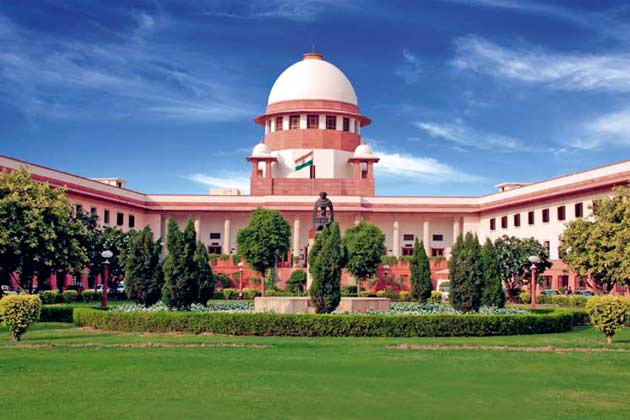The Supreme Court has been busy creating history lately. First, the In House Committee investigating the allegation of sexual harassment brought against the Chief Justice of India (CJI) has given a clean chit to Ranjan Gogoi and left him unscathed. This has led to open protests being staged against the highest authority in the judicial hierarchy of India and many protesters getting detained today. Such blatant acts undermine the confidence of citizens on a vital system of this democracy. It is believed that a society is considered civil or uncivil basing on a single thin line. Rule of Law is that dividing line. Where there is a legal system functioning properly with courts pronouncing justice fairly, citizens feel protected and there is a restraint on antisocial activities. On the other hand, an uncivil society is defined by the lack law enforcement and a legal system. In today’s India when we see innumerable instances of the rich and the powerful going scot-free in spite of open violations of civil society laws and codes, it is obvious that collapse may not be far away.
Second, the Supreme Court in another matter, refused to review its order issued April 8 to raise VVPAT matching from one polling booth per Assembly segment to five. The decision is a setback for not just the 21 political leaders who went in appeal seeking a review but also for the people of the country. The appellants, led by chief minister of Andhra Pradesh, Chandrababu Naidu, sought increasing the numbers to match at least 25 per cent of booths per constituency. It was a genuine demand which, if met, could have helped build confidence on Electronic Voting Machines (EVMs). Reports have emerged of the possibility of tampering with these machines to rig elections in favour of a particular party. Some reports also claim to have shown evidence of such tampering. It is in the interest of democracy to add VVPAT checks to these devices to ensure greater transparency in the system. Along with adding VVPATS, another challenge also needs to be addressed. Currently, if a voter reports that there was a mismatch between the vote he cast and the VVPAT slip, the officials do a test vote to check whether the machine has been tampered with. If in this test it is seen that the vote is going to the intended party, the complainant faces punitive action. If machines can be tampered with, it is also quite possible that the timing when votes can be tampered with can also be fixed by hackers. Therefore, the possibility that an EVM is rigged only at specific times of the hackers’ choosing cannot be ignored. Complaints have surfaced from different parts of the country about EVM tampering and mismatch of votes cast with their VVPAT slips. The nature of balloting being secret poses a huge challenge to surmount in terms of verification of votes. Under the circumstances, it is important for faith to be reposed on the machines and the honesty of parties and the bureaucracy concerned
The interventions required to ensure transparency and honesty in polling should be focused on simplifying but also verifiably securing the devices and the process. The biggest worry that looms over the electoral process today is that of trust deficit. There is no guarantee of the veracity of news that is being disseminated about the trustworthiness of EVMs. But whatever has come out is damaging. It compromises the sanctity of any verdict. Over the years, the Supreme Court of India has been behaving in a lackadaisical manner. While the citizens of this country were divided in their opinions regarding judicial activism, today the activism of courts is being viewed with extreme suspicion. There are clear indications that judgements are being manipulated at the highest level. Once this is believed to be true, then the subordinate judiciary also starts operating in a very suspicious and shady manner. This is the phase that the Indian judiciary is passing through today. Sadly, if this is not countered immediately by the judicial authorities themselves, collapse of the system may be very close at hand.
